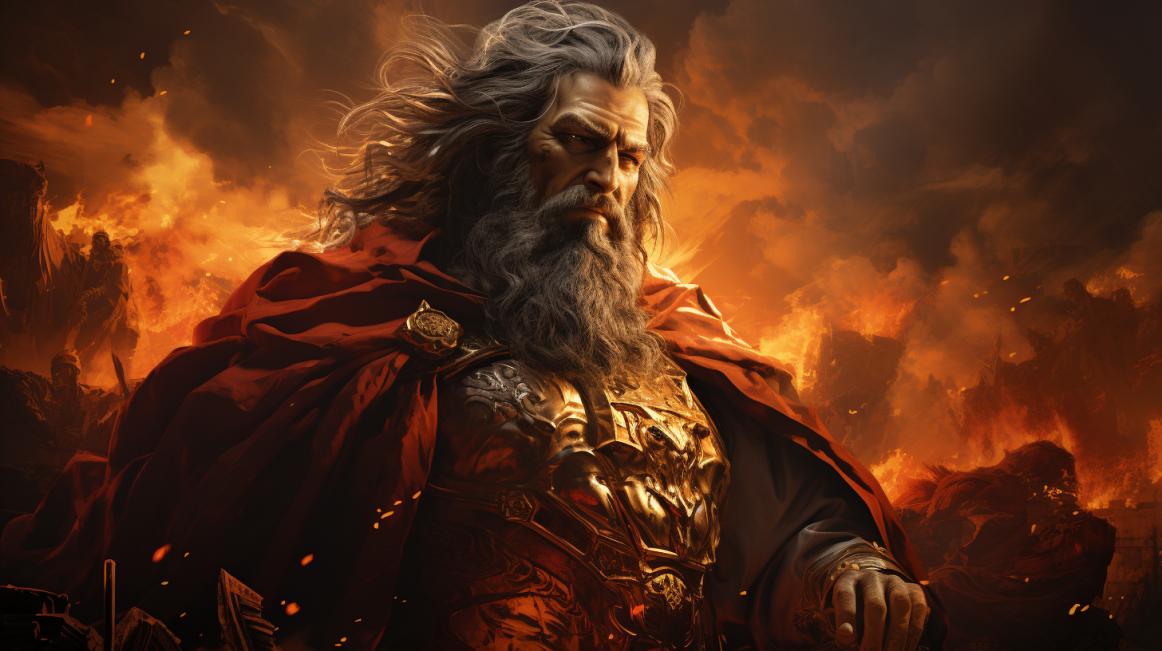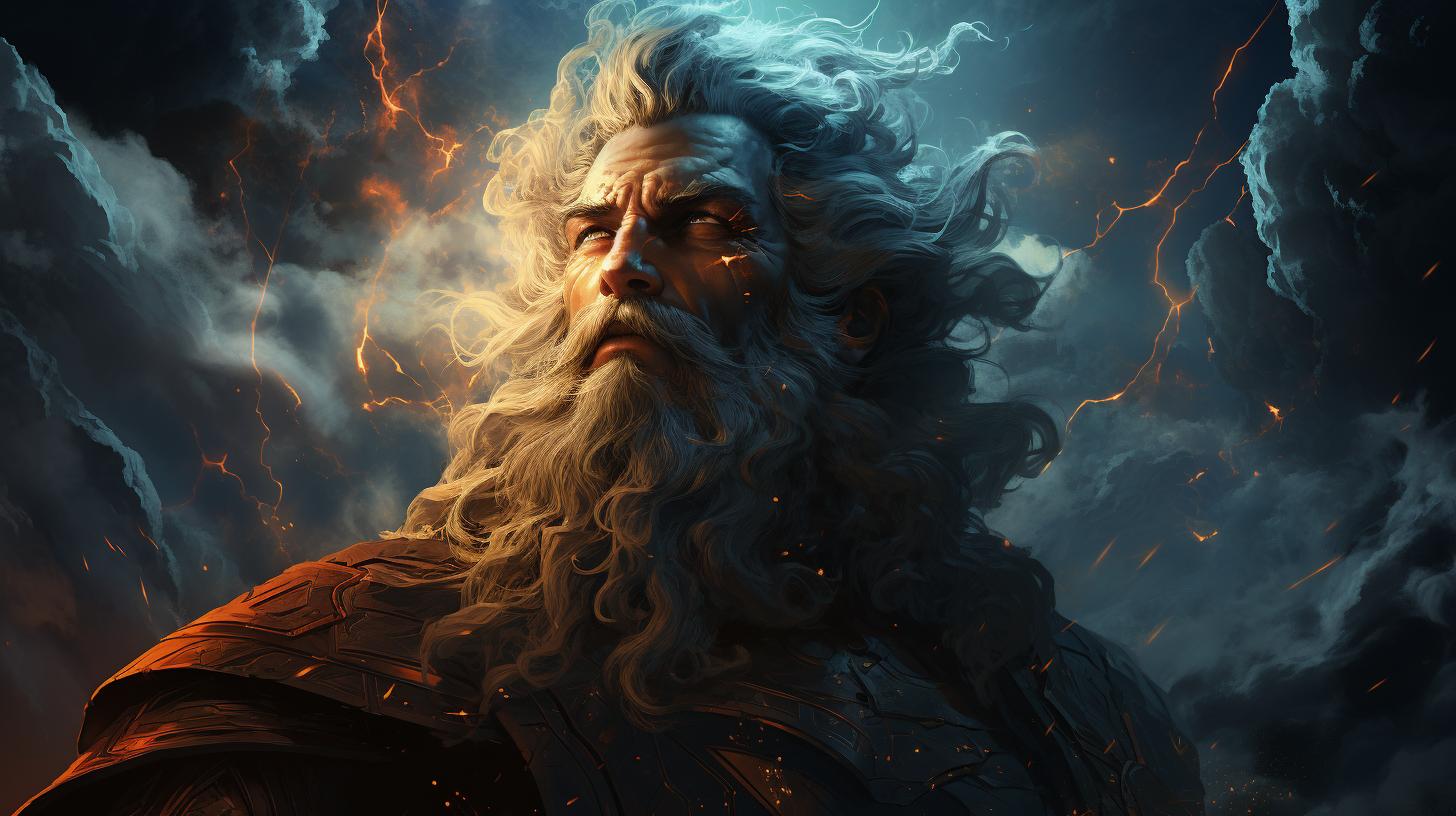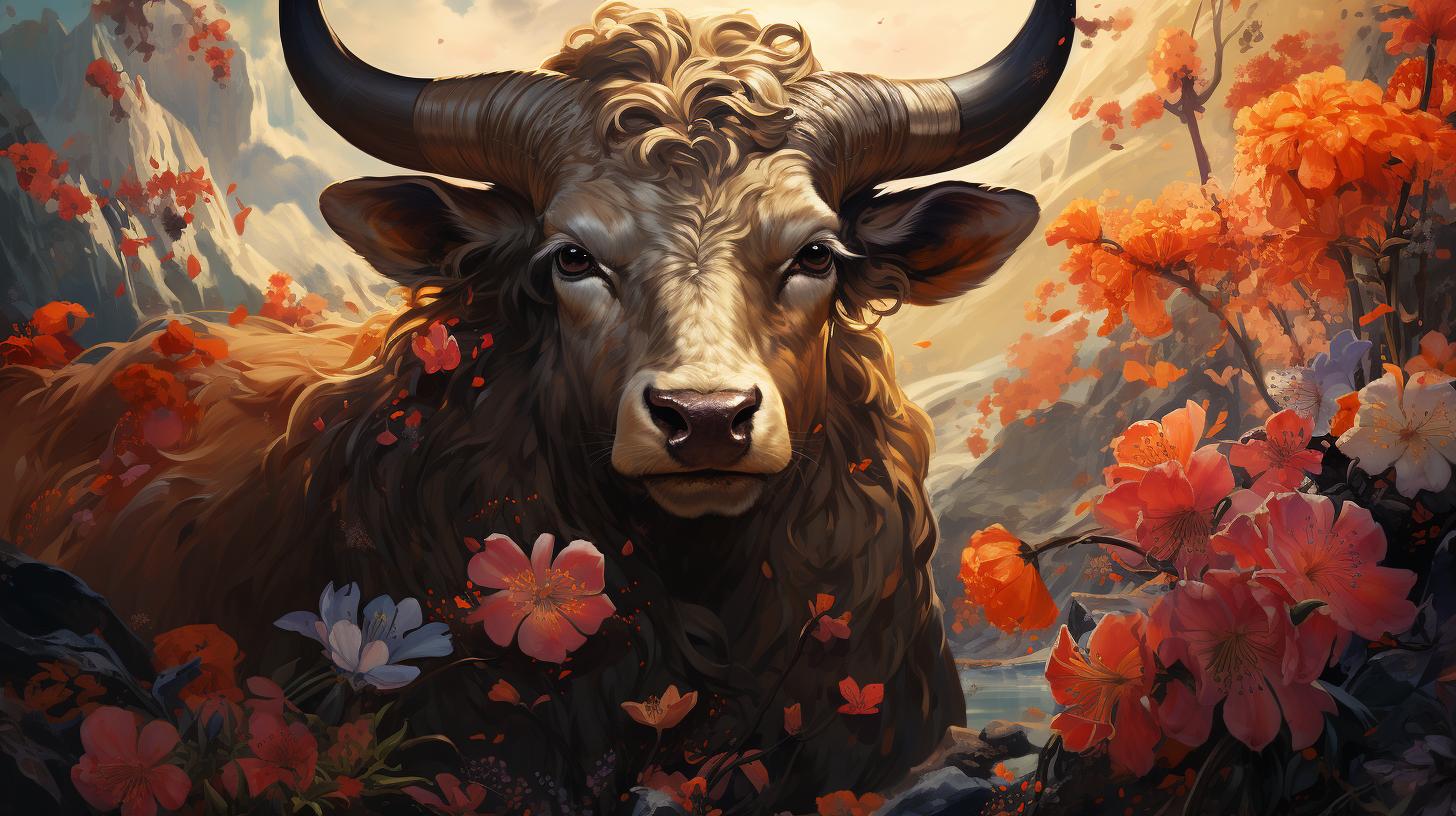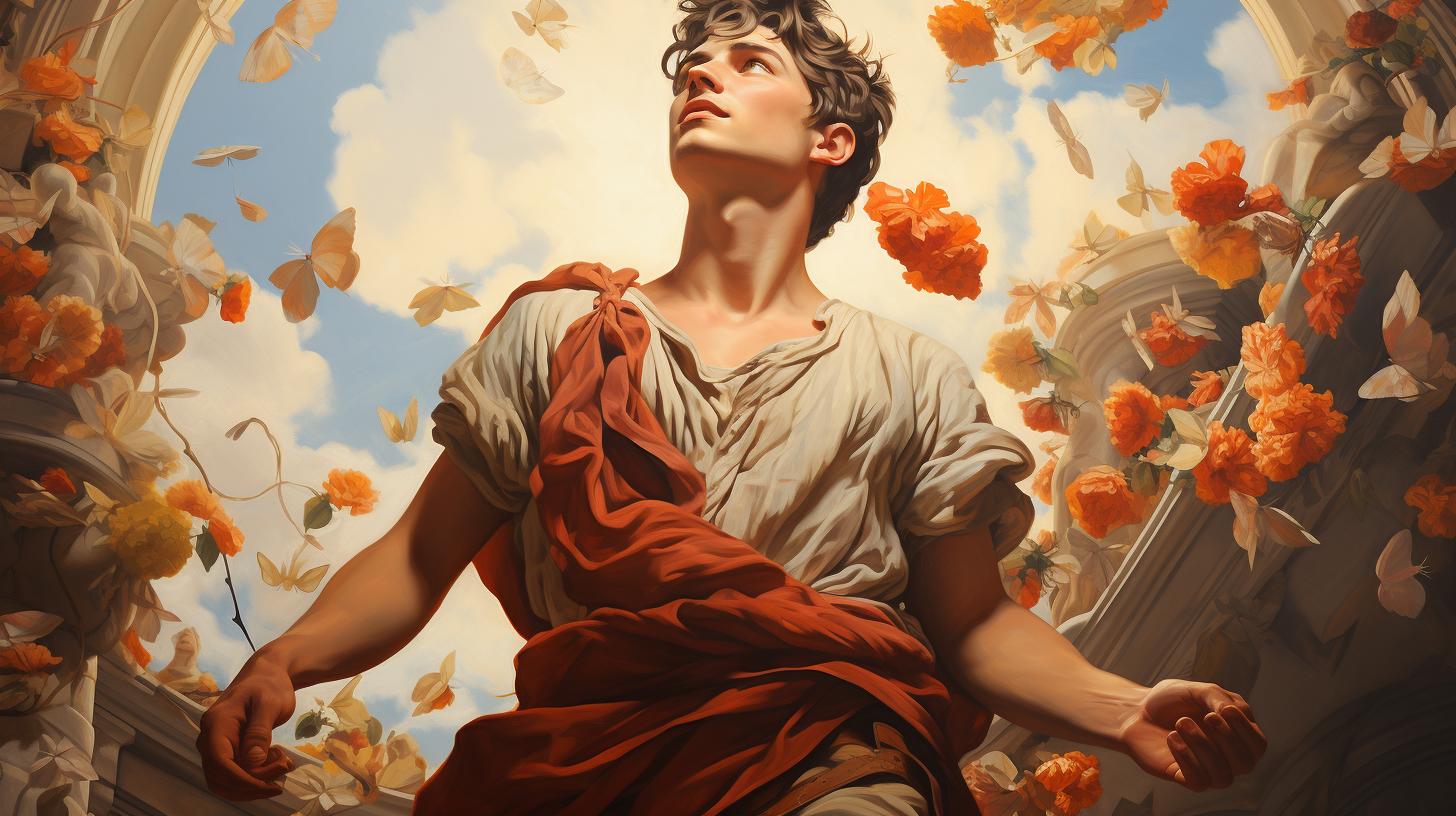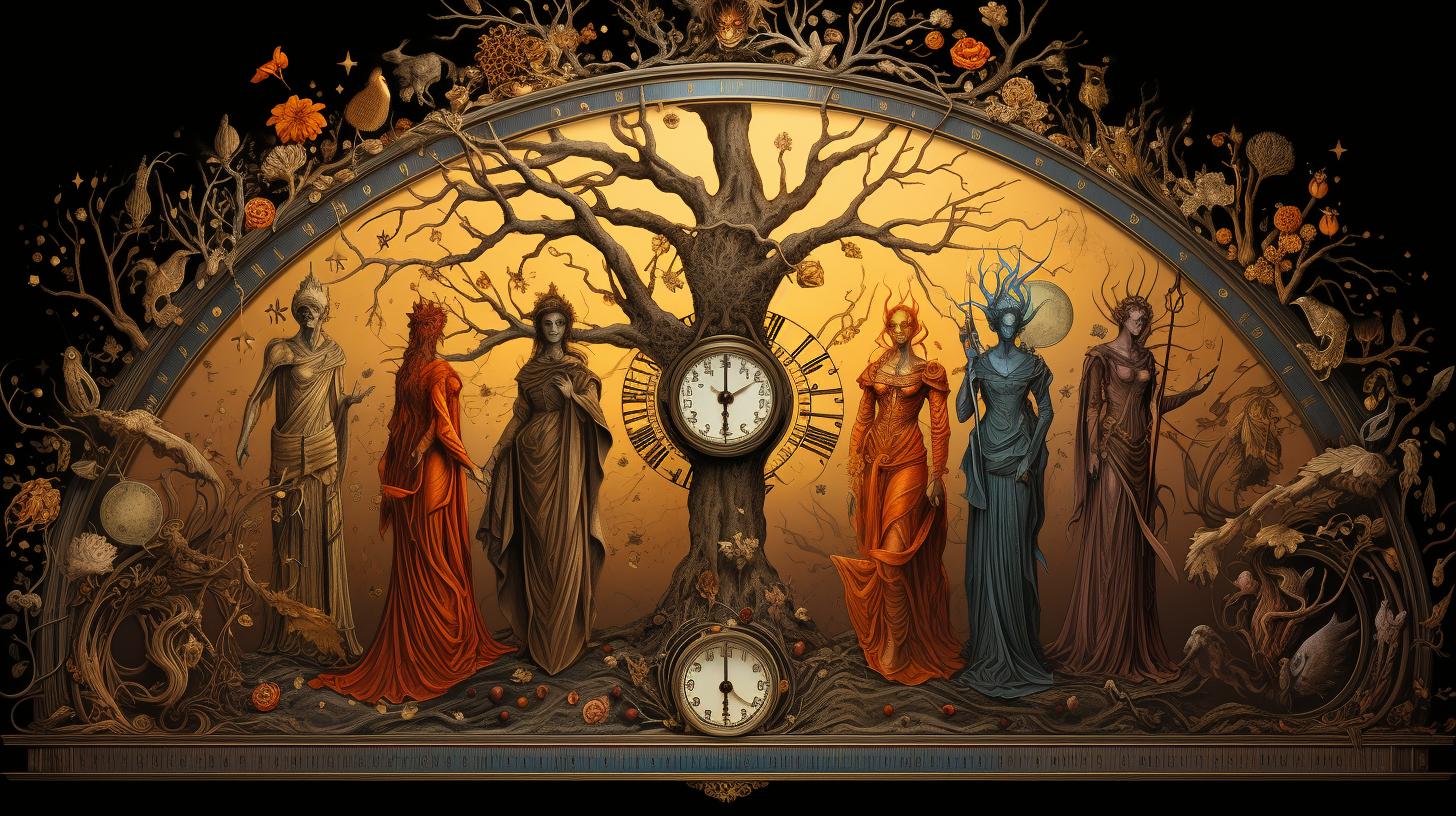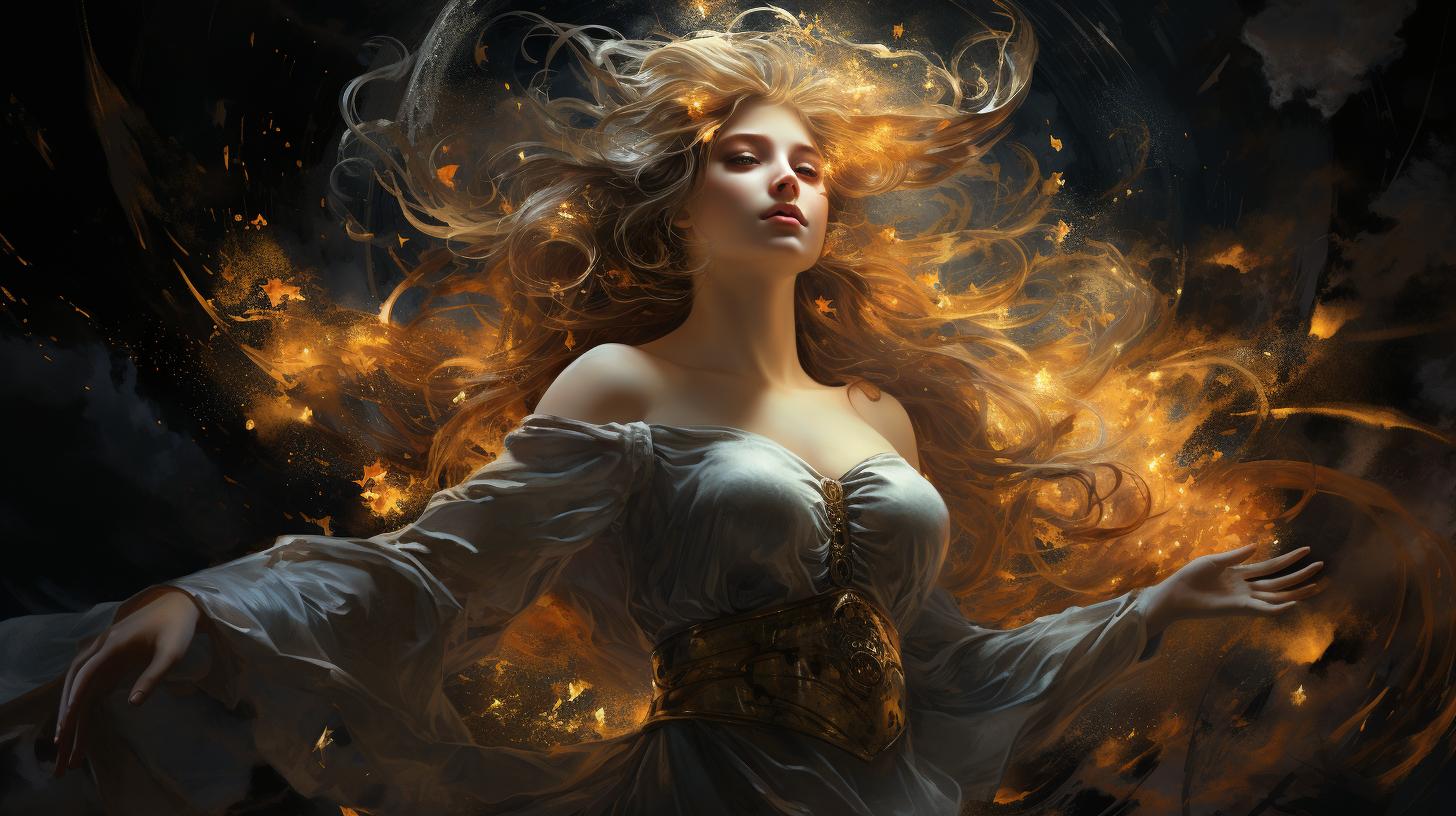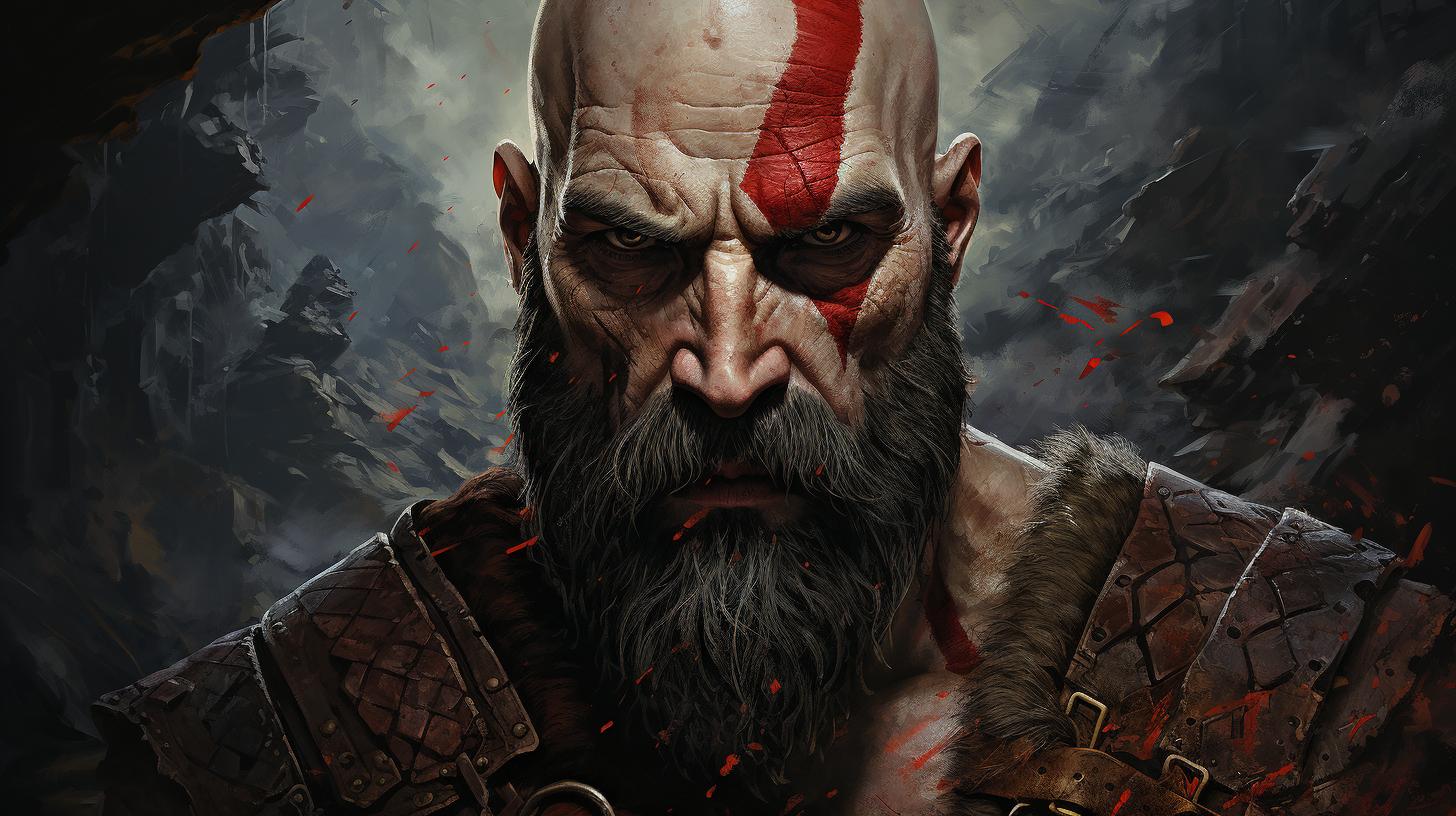Greek Mythology Chrysaor: The Powerful King of Iberia
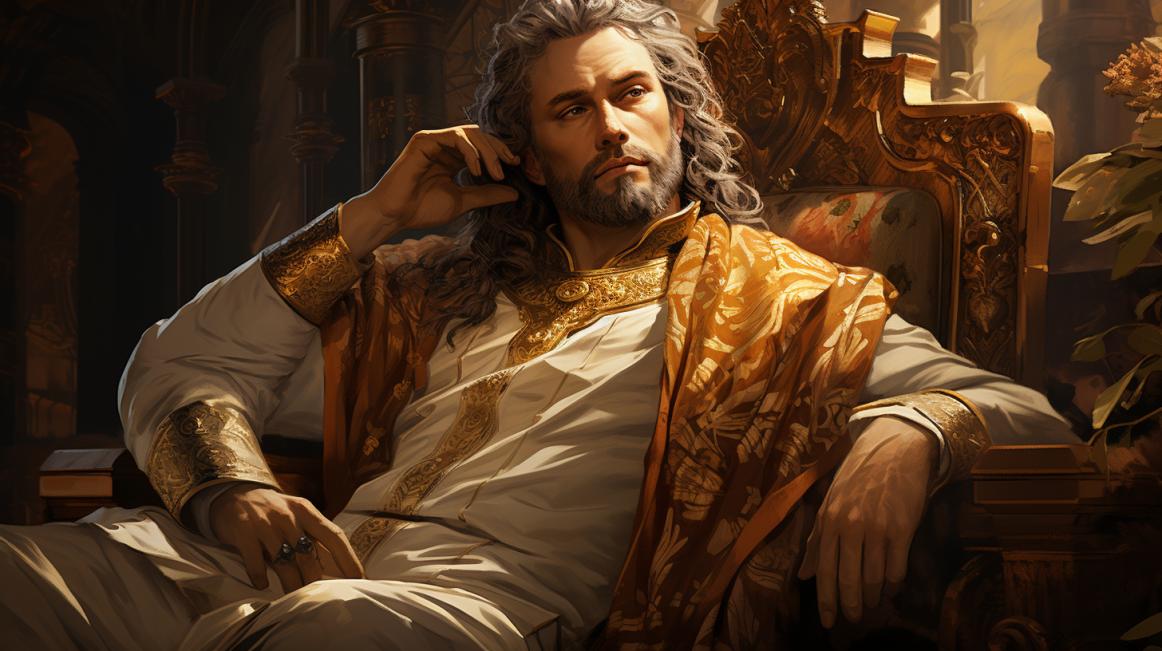
Chrysaor, a prominent figure in Greek mythology, was the son of Medusa and Poseidon. According to ancient legends, Chrysaor was a powerful king ruling over Iberia, and he played a significant role in the mythological realm.
His brother, Pegasus, the famous winged horse, also emerged from the decapitation of Medusa. This article explores the origins, legends, and connections associated with Chrysaor, shedding light on the intriguing world of Greek mythology.
Medusa, Perseus, and other mythological figures linked to Chrysaor are also explored in this comprehensive piece.
Overview of Greek Mythology
Greek mythology is a rich and fascinating collection of stories and beliefs that has captivated people for centuries. It encompasses a vast tapestry of gods, goddesses, heroes, and mythical creatures, offering insight into the ancient Greek civilization and its worldview.
In this overview, we will explore the origins and importance of Greek mythology, delve into the key gods and goddesses of this pantheon, and examine the role of myths in the context of ancient Greece.
Origins and Importance
The origins of Greek mythology can be traced back to the ancient Greeks, who believed that these stories had divine origins and were passed down through generations orally. These myths played a crucial role in shaping the Greek understanding of the world, explaining natural phenomena, and exploring moral and ethical dilemmas.
They offered guidance, served as a cultural foundation, and provided entertainment through epic tales of heroism and tragedy.
Key Gods and Goddesses
The Greek pantheon is populated by a multitude of gods and goddesses, each with their own unique personalities, domains, and attributes. At the forefront of this pantheon are the twelve Olympians, headed by Zeus, the king of the gods, and encompassing deities such as Athena, Apollo, Aphrodite, and Poseidon. These gods and goddesses represented various aspects of life, nature, and human experience, and were revered and worshipped by the ancient Greeks.
The Role of Myths in Ancient Greece
Myths served multiple purposes in ancient Greece. They provided explanations for natural phenomena, such as the creation of the world, the origin of humans, and the rise and fall of civilizations.
Myths also conveyed moral and ethical lessons, portraying the consequences of hubris, greed, and other human flaws. They were performed as part of religious rituals and festivals, fostering a sense of communal identity and reinforcing societal values.
Additionally, myths inspired and influenced various art forms, including literature, poetry, sculpture, and painting.
Medusa: The Gorgon in Greek Mythology
Medusa, one of the most infamous figures in Greek mythology, is known as the fearsome Gorgon. Her mythological background traces back to her parentage and the circumstances that led to her transformation.
Here, we delve into the origins of Medusa and the significance of her place in Greek mythology.
Mythological Background of Medusa
According to ancient Greek legends, Medusa was born as the daughter of Phorcys and Ceto, powerful marine deities. However, some versions of the myth suggest that she was the offspring of Gorgon and Ceto.
In a later variation of the tale, Medusa was once a beautiful maiden, but her encounter with the sea god Poseidon inside a temple led to her punishment by the goddess Athena.
Descriptions and Attributes of Medusa
Medusa’s distinguishing features included a head full of venomous snakes instead of hair.
Those who dared to gaze into her eyes were instantly turned to stone. This terrifying power made Medusa a formidable force to be reckoned with. She was often depicted with a grim and monstrous visage, a reflection of her cursed state.
Legends and Stories Featuring Medusa
Medusa’s most renowned encounter occurred with the hero Perseus, who embarked on a mission to slay the Gorgon. Armed with divine gifts from the gods, including a mirrored shield from Athena, winged sandals from Hermes, and a sword from Hephaestus, Perseus successfully beheaded Medusa. Her severed head, with its petrifying ability intact, was then used by Perseus and later given to Athena, who incorporated it into her shield, known as the Aegis.
The myth of Medusa and her encounter with Perseus has captivated the imagination of countless storytellers throughout history. Her tale serves as a cautionary reminder of the consequences of hubris and the enduring power of legends in Greek mythology.
Perseus: The Hero Who Defeated Medusa
Mythological Background of Perseus
Perseus, a renowned hero in Greek mythology, came from a fascinating lineage of gods and mortals. He was the son of Zeus, the king of the gods, and the mortal princess Danaë.
Due to a prophecy that foretold his grandfather’s demise at the hands of a future grandson, Perseus was sent away as an infant and grew up far from his homeland.
Perseus’ Quest to Defeat Medusa
Destiny called upon Perseus when he was tasked with a seemingly impossible mission: to slay the terrifying Gorgon, Medusa. Armed with divine gifts from the gods, including a magical sword, a mirrored shield, and the winged sandals of Hermes, Perseus embarked on a treacherous journey.
His primary objective was to obtain Medusa’s head, said to have the power to turn anyone who looked at it into stone.
Guided by Hermes and Athena, Perseus embarked on dangerous adventures to gather the tools he needed for his quest.
He visited the Graeae, three old women who shared one eye between them, and acquired vital knowledge from them. He then found the Nymphs of the North, who offered him a magic wallet to hold Medusa’s severed head and a helmet that granted him invisibility.
Equipped with the necessary tools, Perseus was ready to face Medusa. Using the reflective surface of his shield, he avoided direct eye contact with the Gorgon and skillfully beheaded her while she slept.
He carefully stored the head in the magic wallet and embarked on his journey back home.
Perseus’ Heroic Deeds and Legacy
Perseus’ heroic feats did not end with the defeat of Medusa. On his way back, he encountered the giant Atlas, who challenged him. Perseus cleverly showed Atlas the head of Medusa, turning him into a mountain range.
He rescued the princess Andromeda from a sea monster and later married her, becoming a cherished hero in the kingdom.
Perseus’ legacy extended beyond his famed adventures. He founded the city of Mycenae, establishing a dynasty that would produce legendary heroes like Hercules. His descendants, known as the Perseids, played significant roles in Greek mythology and history.
Perseus’ triumph over Medusa showcased his bravery, resourcefulness, and divine assistance. Through his mythological exploits, Perseus cemented his place among the esteemed heroes of Greek mythology and left an enduring legacy for future generations to admire.
Chrysaor: The Son of Medusa and Poseidon
Chrysaor, the mighty son of Medusa and Poseidon, played a significant role in Greek mythology. According to ancient legends, Chrysaor and his twin brother Pegasus were born from their mother’s decapitated neck.
As the king of Iberia, Chrysaor held a prominent position in Greek mythology and carried multiple connections and influences throughout the mythological realm.
Mythological Background of Chrysaor
Chrysaor’s mythological background is closely intertwined with the story of his mother, Medusa. As the product of a forbidden union between Medusa and Poseidon, Chrysaor embodied both the strength of his father and the mystical qualities associated with his mother.
His birth, arising from Medusa’s severed neck, marked the beginning of a new chapter in Greek mythology.
Chrysaor’s Role and Connections in Greek Mythology
Chrysaor’s role in Greek mythology extended beyond his lineage. As the king of Iberia, he commanded authority and respect. Chrysaor also played a pivotal role as the father of Gerion, a notable figure in ancient myths.
Additionally, Chrysaor is connected to Equidna, a monstrous creature who possessed both human and serpent characteristics. These connections enhanced Chrysaor’s significance and expanded his influence throughout the mythological landscape.
Depictions and Wider Influence of Chrysaor
Depictions of Chrysaor vary in ancient artworks and texts. While he is often represented as a towering giant, some portrayals depict him as a winged boar. These diverse representations showcase the rich imagination and artistic interpretation associated with Greek mythology.
Furthermore, Chrysaor’s influence can be seen in the various mythical creatures and beings descended from him, such as Gerion and Equidna. This widens his impact on the larger mythological tapestry, ensuring his enduring presence in the world of Greek mythology.
Pegasus: The Winged Horse and Brother of Chrysaor
Pegasus, the winged horse, holds great significance in Greek mythology. As the brother of Chrysaor and offspring of Medusa and Poseidon, Pegasus has a mythological background intertwined with his family.
Legends surrounding Pegasus and his extraordinary abilities have captivated the imagination of many.
Mythological Background of Pegasus
Pegasus is born from the neck of his decapitated mother, Medusa, in the aftermath of Perseus’ heroic exploit. As a divine creature, Pegasus embodies grace and speed, captivating the hearts of both gods and mortals.
Legends and Importance of Pegasus
Pegasus is known for his role in various myths and heroic quests. One of the most famous tales is his association with Bellerophon, who tamed and rode the magnificent horse to defeat the fearsome Chimera. Pegasus’ courage and loyalty symbolize the power of unity between humans and divinity.
Pegasus’ Symbolism and Representation in Art
Pegasus holds symbolic significance and has been a popular theme in art throughout the ages. His wings, representing freedom and imagination, have inspired countless creative endeavors. Pegasus is often portrayed as a graceful and majestic creature, immortalized in sculptures, paintings, and literature.
- In Greek mythology, Pegasus is associated with heroes and their noble quests.
- Pegasus represents the bridging of the mortal and divine realms.
- His wings symbolize the soaring aspirations and the power of imagination.
- Artistic renditions of Pegasus capture his beauty and grace, immortalizing his presence in mythological lore.
Exploring the mythological background, legends, and symbolism of Pegasus provides a deeper understanding of the captivating world of Greek mythology and its fascinating creatures.
Pegasus’ eternal spirit continues to inspire and enchant us to this day.
Other Mythological Figures Connected to Chrysaor
Chrysaor, as a prominent figure in Greek mythology, is associated with several other mythological beings, each with their own intriguing stories and significance.
Gerion and Equidna: Children of Chrysaor
Chrysaor is widely regarded as the father of Gerion and Equidna, two notable creatures in Greek mythology. Gerion, known for his three heads and immense strength, played a pivotal role in various tales.
Equidna, on the other hand, was a monstrous creature with a half-woman, half-serpent form. Their lineage from Chrysaor adds depth to their mythological identities, shaping their roles and actions within the ancient stories.
Iberia: The Kingdom Ruled by Chrysaor
Chrysaor is believed to be the king of Iberia, an ancient land with significant mythological connections. As the ruler of Iberia, Chrysaor held immense power and influence over the region. The kingdom itself is often associated with various Greek legends, making it a significant setting in the realm of Greek mythology.
Medusa’s Curse and its Consequences
The curse of Medusa, Chrysaor’s mother, has far-reaching consequences in Greek mythology. Medusa’s ability to turn people into stone with just a glance is a prominent feature in many ancient tales.
The repercussions of her curse manifested in the form of terrifying encounters and fateful destinies for those who crossed paths with her or her descendants, including Chrysaor. These consequences serve as compelling narratives within the broader spectrum of Greek mythology.
.

